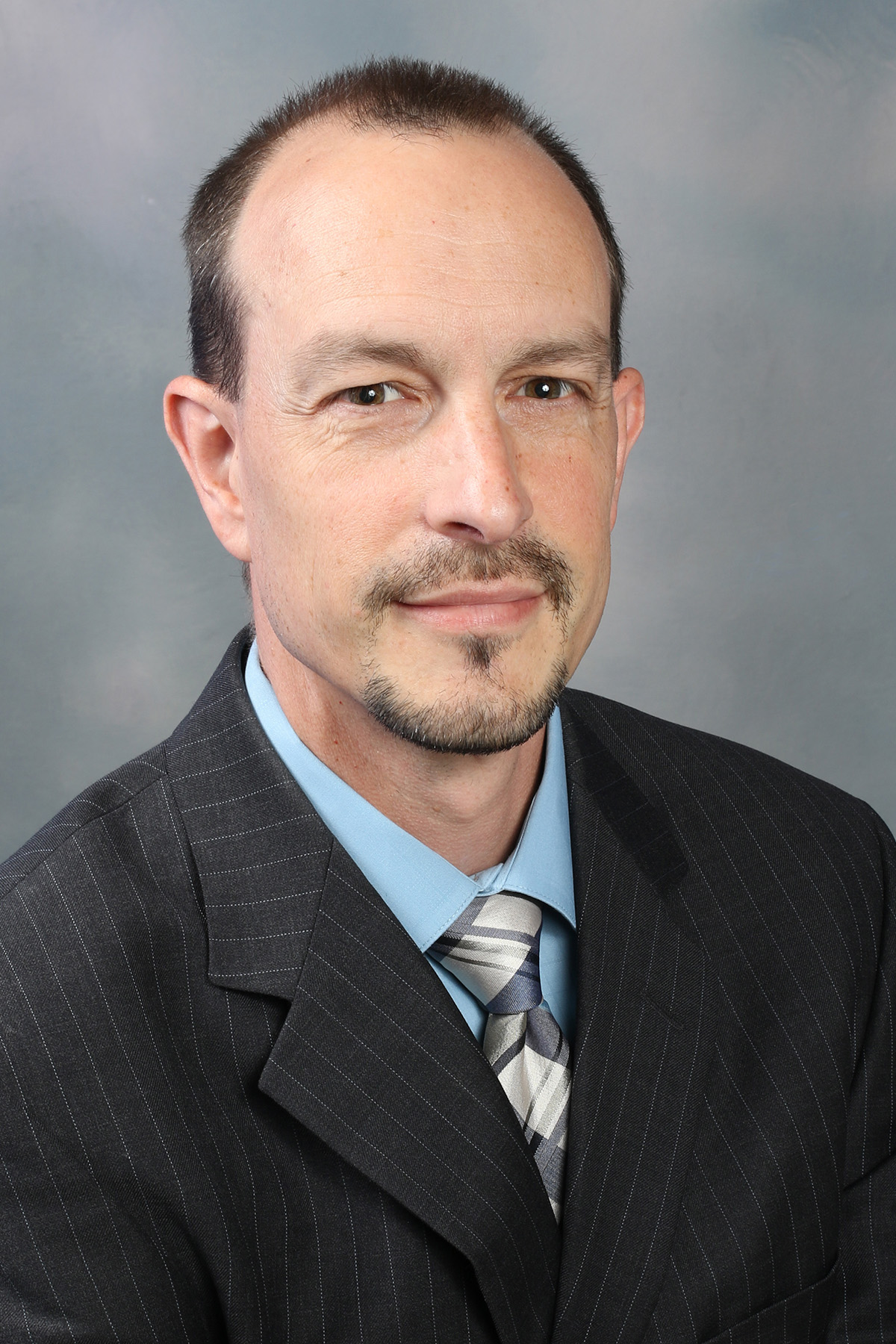
This one-hour class reviews different characteristics of health systems in the United States, describes commonly used theories of behavior change, provides an overview of county local public health infrastructure, shows examples of publicly accessible public health data, and describes ways in which chiropractors can become involved in public health at the community level.
Accreditation(s)

Module 1 Outline
- U.S. health systems
- Market-based system characteristics
- Imperfect market characteristics
- Social-based system characteristics
- Alternate payment models
- Examples of chiropractic in each system model
- QUIZ
Module 2 Outline
- Health belief model
- Theory of reasoned action, theory of planned behavior
- Transtheoretical model
- QUIZ
Module 3 Outline
- Brief history of public health in the U.S.
- Local/county boards of health structure and responsibilities
- Common public health services
- 10 essential public health services as defined by the Centers for Disease Control and Prevention
- Accessing county-level health reports
- Examples of community health organizations
- QUIZ
Module 4 Outline
- Community Commons
- Health data geographic mapping tools
- COVID-19-related geographic mapping tools
- Community Tool Box
- Community health worker free online training
- QUIZ
Module 5 Outline
- Review of physical activity guidelines
- Review of physical activity health benefits
- Review of factors influencing community level outdoor physical activities
- Physical activity as an exemplar for opportunity for chiropractors to contribute to public health at the community level
- QUIZ
Speaker(s)/Author(s)
|
Robert Vining, D.C. |
Release Date:
Jan 1, 2025
Course Expiration Date:
Dec 31, 2025
- Each module contains a video presentation and a short quiz. You must view the video prior to taking the quiz.
- FOR HELP: If you have technical issues, please contact the Continuing Education Department at 1-800-452-5032 or email at continuinged@palmer.edu.
- DISCLAIMER: While Palmer College of Chiropractic endeavors to bring diverse topics and viewpoints for continuing education options for Doctors of Chiropractic, the opinions of presenters do not necessarily represent the views of Palmer College.